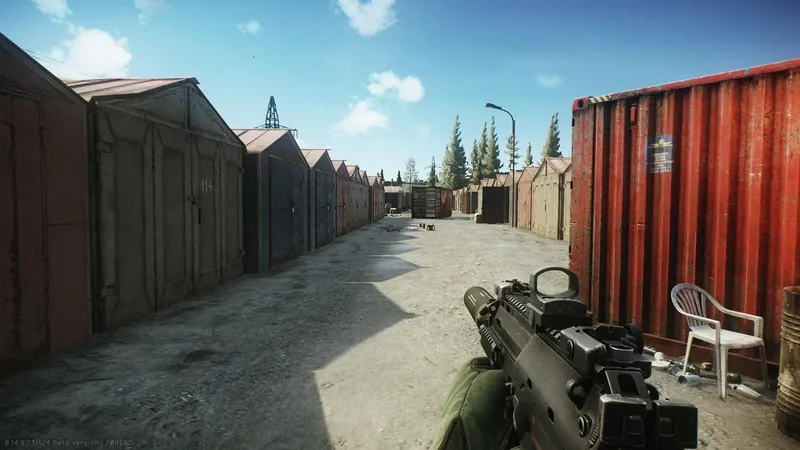
Albania Implements Year-Long TikTok Ban Following Tragic Stabbing Incident
2024-12-22
Author: Ken Lee
Introduction
In a decisive move to safeguard its youth, Albania's Prime Minister Edi Rama has announced a one-year ban on TikTok, starting in January, in response to the tragic stabbing of a schoolboy last month.
The shocking incident, which resulted in the death of a 14-year-old boy and left another student injured, has ignited a national conversation about the influence of social media on children.
Government Response
During a recent meeting in Tirana with educators, parents, and psychologists, Rama expressed deep concerns, labeling TikTok as "the thug of the neighborhood." He emphasized that the ban aims not only to curb the potential negative impacts of social media but also to introduce educational programs that will better support parents in monitoring their children's online behavior.
Catalyst for the Ban
The catalyst for this crackdown was a violent altercation among school students, reportedly sparked by controversies circulating on social media platforms. Rama criticized TikTok for promoting content that he believes is detrimental to Albanian youth while pointing out that in China, the app serves a vastly different purpose, showcasing educational and cultural content.
TikTok's Response
TikTok has responded to the allegations by stating that it has found no evidence linking the alleged attacker or the victim to their platform. The company is actively seeking clarification from the Albanian government regarding the specifics of the ban.
Global Context
This decision aligns with a broader global scrutiny against TikTok and other social media platforms. The app has previously faced bans in countries such as India, Iran, and Afghanistan due to varying concerns over safety and content. In the United States, TikTok is also under threat of a potential ban following a Congressional law that will require it to be sold by its Chinese parent company, ByteDance, amid fears regarding data privacy and national security.
Trends in Europe and Beyond
European nations are increasingly taking action as well; countries such as France and Germany have imposed restrictions on youth social media usage. Recently, Australia enacted stringent regulations prohibiting children under 16 from using such platforms, a move that signifies a growing trend of prioritizing child safety online.
Conclusion
As Albania embarks on this potentially ground-breaking initiative, it raises significant questions about the responsibility of social media platforms and the implementation of protections for young users in an overly digital age. Will other nations follow suit, or will this be an isolated measure? As discussions continue, the world will be watching how this unfolds in Albania and beyond.






 Brasil (PT)
Brasil (PT)
 Canada (EN)
Canada (EN)
 Chile (ES)
Chile (ES)
 España (ES)
España (ES)
 France (FR)
France (FR)
 Hong Kong (EN)
Hong Kong (EN)
 Italia (IT)
Italia (IT)
 日本 (JA)
日本 (JA)
 Magyarország (HU)
Magyarország (HU)
 Norge (NO)
Norge (NO)
 Polska (PL)
Polska (PL)
 Schweiz (DE)
Schweiz (DE)
 Singapore (EN)
Singapore (EN)
 Sverige (SV)
Sverige (SV)
 Suomi (FI)
Suomi (FI)
 Türkiye (TR)
Türkiye (TR)